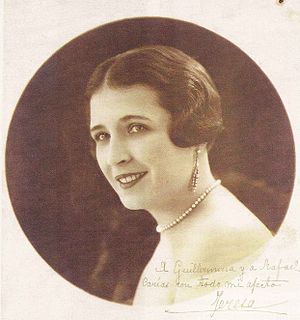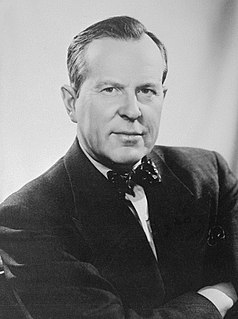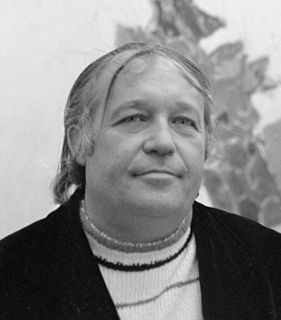A Quote by Max Brooks
They were viewed very much like castles, I suppose: as crumbling, obsolete relics, with no real modern function other than as tourist attractions. But when the skies darkened and the nation called, both reawoke to the meaning of their existence. One shielded our bodies, the other, our souls.
Related Quotes
Are we our bodies? Is a small person less than a big person, then? If we were our bodies, then when we lost an arm, or a leg, would we be less, would we begin to fade from existence? No. We are the same person. We are not our bodies; we are our thoughts. As they form, they define who we are, and create the reality of our existence.
My first fundamental premise of our faith is that God is real and so are eternal truths and values not provable by current scientific methods. These ideas are inevitably linked. Like other believers, we proclaim the existence of the ultimate lawgiver, God our Eternal Father, and the existence of moral absolutes. We reject the moral relativism that is becoming the unofficial creed of much of modern culture.
Memories do not change, and change is the law of existence. If our dead, the closest, the most beloved, were to return to us after a long absence and instead of the old, familiar trees were to find in our souls English gardens and stone walls - that is to say, other loves, other tastes, other interests, they would gaze upon us sadly and tenderly for a moment, wiping away their tears, and then return to their tombs to rest.
An entertainment is something which distracts us or diverts us from the routine of daily life. It makes us for the time being forget our cares and worries; it interrupts our conscious thoughts and habits, rests our nerves and minds, though it may incidentally exhaust our bodies. Art, on the other hand, though it may divert us from the normal routine of our existence, causes us in some way or other to become conscious of that existence.
Before the birth of the New Woman the country was not an intellectual desert, as she is apt to suppose. There were teachers of thehighest grade, and libraries, and countless circles in our towns and villages of scholarly, leisurely folk, who loved books, and music, and Nature, and lived much apart with them. The mad craze for money, which clutches at our souls to-day as la grippe does at our bodies, was hardly known then.
As we enter our centennial year we are still a young nation, very much in the formative stages. Our national condition is still flexible enough that we can make almost anything we wish of our nation. No other country is in a better position than Canada to go ahead with the evolution of a national purpose devoted to all that is good and noble and excellent in the human spirit.
Much more than our other needs and endeavors, it is sexuality that puts us on an even footing with our kind: the more we practice it, the more we become like everyone else: it is in the performance of a reputedly bestial function that we prove our status as citizens: nothing is more public than the sexual act.
We are creatures. We have a link with a native habitat just like every other species. Throughout most of human history, physical activity was unavoidable, calories were scarce and hard to get. In the modern era, calories are unavoidable, physical activity is scare and hard to get. The traits that allowed our ancestors to survive, and let's face it, the survival of our ancestors is the reason that we're here because the people who don't survive and make very crummy ancestors, are our traits. But they're very much at odds with the modern environment.
God of our life, there are days when the burdens we carry chafe our shoulders and weigh us down; when the road seems dreary and endless, the skies gray and threatening; when our lives have no music in them, and our hearts are lonely, and our souls have lost their courage. Flood the path with light, run our eyes to where the skies are full of promise; tune our hearts to brave music; give us the sense of comradeship with heroes and saints of every age; and so quicken our spirits that we may be able to encourage the souls of all who journey with us on the road of life, to your honor and glory.



































